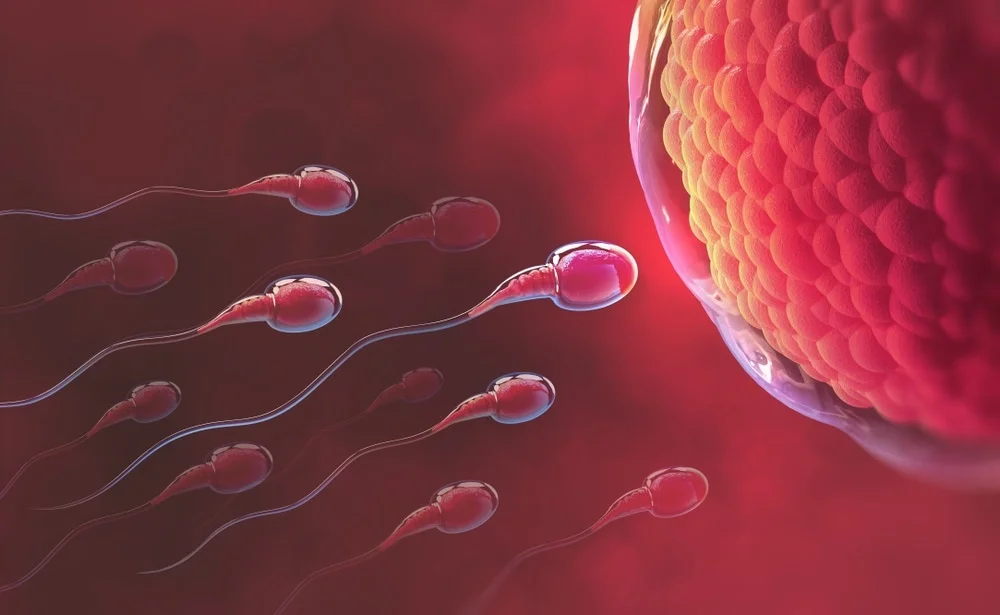
The psychological burden of infertility issues can significantly increase anxiety, creating a challenging cycle that’s difficult to break. This cycle can deeply affect individuals’ and couples’ sexual intimacy, potentially leading to a decreased frequency of intercourse, which may further reduce the chances of conception.
Dr. Promise Sefogah, a renowned Obstetrician-Gynecologist and fertility expert, emphasizes the importance of managing anxiety for women trying to conceive. He explains that anxiety can produce stress hormones such as cortisol, which suppress reproductive functions.
During an episode of ‘Health with Patricia’ on the topic of Infertility, Dr. Sefogah shared, “The body perceives stress as an overwhelming challenge that it may not overcome. In such states, reproduction becomes a lower priority, leading to a shutdown of fertility functions as a survival mechanism. Therefore, we always advise couples to find ways to alleviate stress, such as watching a movie or going out.”
Anxiety and fertility are intricately linked, with each potentially impacting the other profoundly. Anxiety can lead to physiological changes that might affect fertility. The release of stress hormones like cortisol and adrenaline, triggered by stress and anxiety, can disrupt the signaling pathways that regulate reproductive hormones
watch the full interview